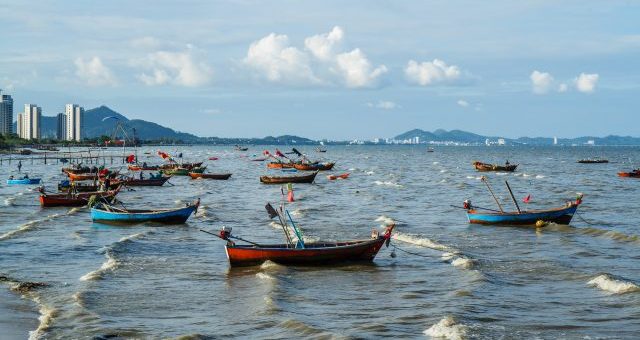The fishermen in Malaga, who are actively involved in developing the local FLAG’s strategy, had identified two key concerns linked with artisanal fishing: high fuel consumption and low energy efficiency of their boats. To address these challenges facing sustainable fishing, the FLAG initiated a pilot project to research fuel saving techniques and gas emission reductions.
In particular, high fuel prices and low quality of boat engines have been threatening the future of small-scale sustainable fishing in Malaga, although small-scale artisanal fishing accounts for the overwhelming majority of the local fleet, according to the European Commission.
Under the Green Harbour initiative, which is dealing with environmental challenges in the area of Malaga, the FLAG has worked to link the fisheries sector to research institutions, in order to benefit for the local community.
“Strengthening and supporting these types of partnerships is key for the sustainable development of the area”, said David Camacho, FLAG Manager.
The FLAG teamed up with the local university and a research centre specialised in boat engines. The study and feasibility tests lasted two years and included four phases of engine development.
The researchers used nanotechnology to inject hydrogenated water into a fishing vessel’s engine which resulted in lower CO2 emissions. The technology also reduced fuel consumption by 15% bringing it down to 23.3 ltr/h from 28.5 ltr/hour.
The innovative engine is now certified and has been approved by the local harbourmaster in Malaga. The association of small-scale fishermen plan to integrate this new engine technology into their boats.































































